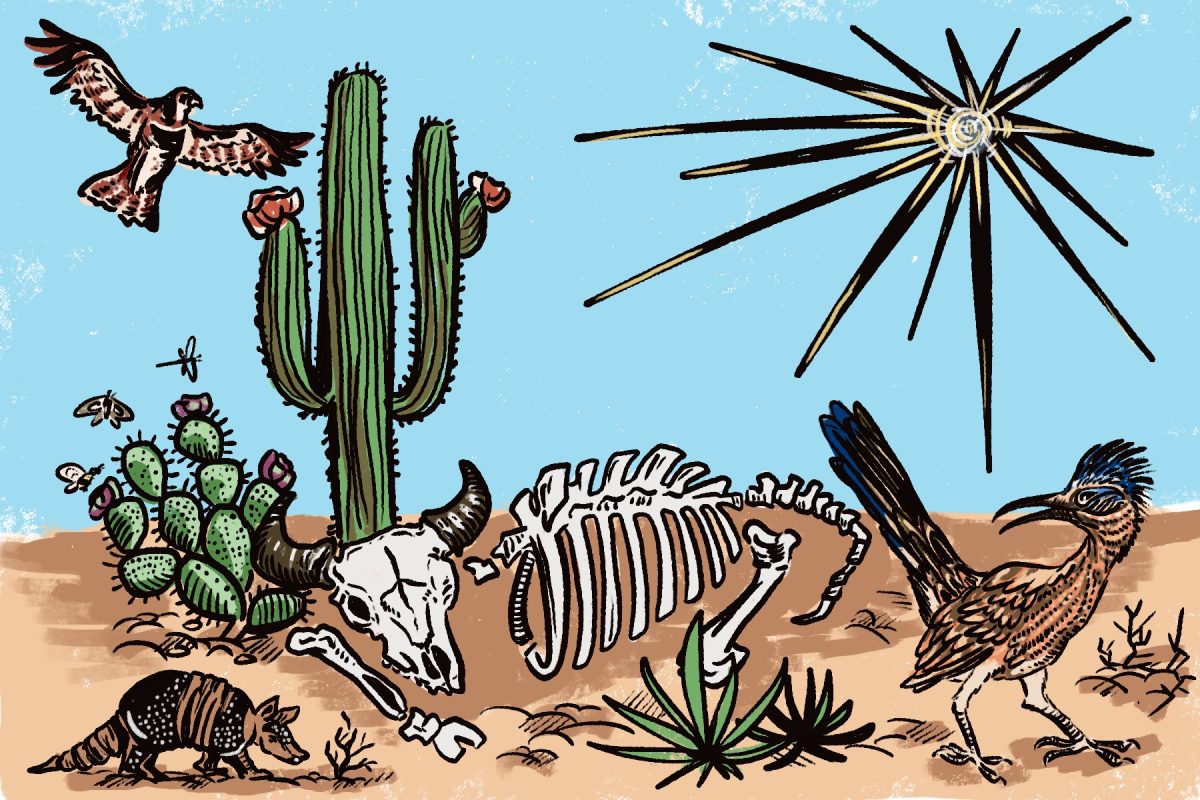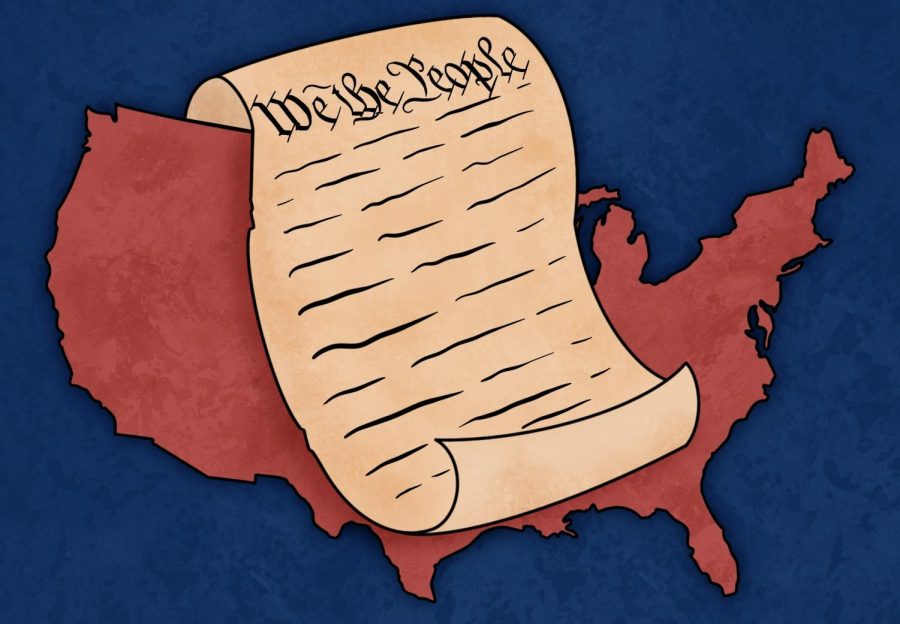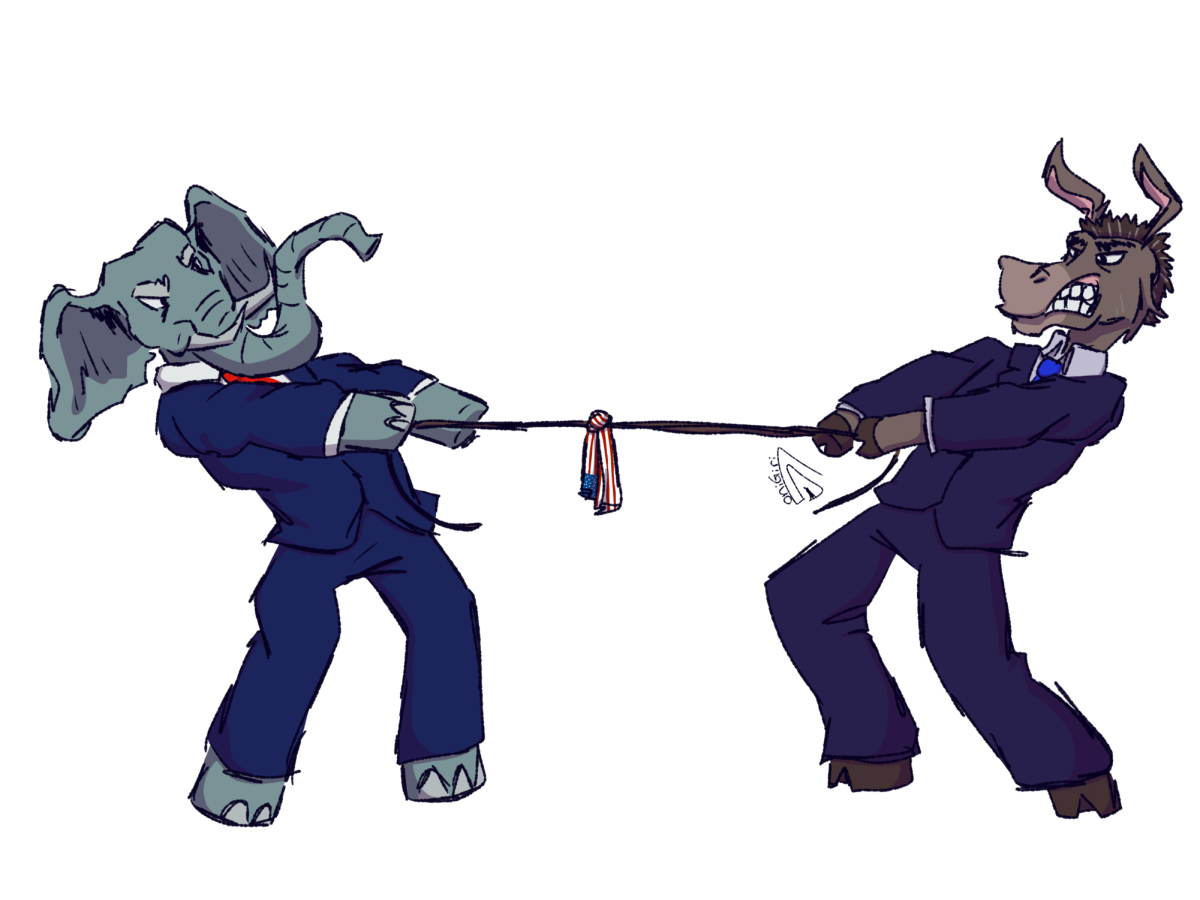Recently, Texas has undergone an unprecedented heatwave that has slashed records and established a firm drought over densely populated parts of the state. The number of heat-related deaths has been increasing at a faster rate than ever.
Most recently, Eugene Gates, a postal worker out of Dallas, collapsed and died from the heatwave. On the day of his death, the heat index rose to 113 degrees Fahrenheit. Just a month prior, another postal carrier in Texas had collapsed and died due to the triple-digit temperatures, leading the USPS to allow mail carriers to begin their work day earlier than usual. It is clear how the heatwave affects us as a civilization, but how is it affecting our ecosystem?
Looking at studies of heat wave effects globally, there is a correlation between the increase in global temperatures and the increase in heat-related deaths. An example of this would be the Mojave Desert, one of the hottest places in the world. A study published by Yale University in 2020 showed that the Mojave Desert increased in temperature by 3.6 degrees Fahrenheit. It was determined that “nearly a third of the 135 bird species present a century ago are far less common today and not nearly as widespread. The ‘heat stress associated with climate change’ is the culprit, the study concluded, because desert birds need more water to keep cool, but it is not available.”
Fire risks are another major problem with this heatwave. Data reported by the Texas A&M Forest Service shows that as of Aug. 16, 77% of Texas counties are under a burn ban of some kind. In addition, water conservation rules are being instated at a rapid pace throughout the state, with a few of them mandating such rules be followed. This year already, over 2,800 acres of land have burned due to wildfires in Central Texas, only heightening the need to limit our effects on the climate.
It is found that this heatwave is more dangerous than usual, even for Texas. Forecasters have warned that overnight temperatures have consistently not cooled, “offering little reprieve from the oppressive heat.” The heatwave has led to at least 13 deaths in Texas alone. As of July, 15-20% of emergency department patients in Hidalgo County have had heat-related health complications. This heat wave could even end up harming Texas cattle, as it was found in a study by the University of Kentucky that “extended heat wave[s] will put stress on Kentucky livestock producers and corn growers,” which one can reasonably determine to be true irrespective of the area.
Our ecosystem consists of many things: land, air, sea and animals. We are already seeing the effects of climate change here in the present, but what does this all spell out for the future of our Lone Star State? Will Texas re-enter a years-long drought? Will the elderly have to migrate to northern states? Climate change is such a major facet of our lives that it cannot be ignored. Talk to your congressmen, talk to your state representatives and help everybody live a better life on an ever-aging planet.






